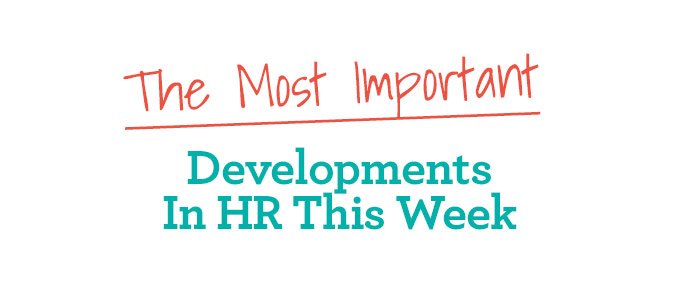
Tesla founder Elon Musk announced a 9 percent reduction in his workforce this week. It’s never an easy thing for a CEO to do, but it’s all too easy to get it wrong. Layoffs and workforce reductions are fraught with landmines, some that can do real collateral damage to a company’s brand. We think Musk is off to a good start here, if his email to staff (leaked to the media) is any indication. He laid out an honest, upfront reason the layoffs were necessary. He quelled fears of survivors by saying that he’s laying people off now so he’d never have to do it again. He genuinely and sincerely thanked the people who are departing (those were the “2 vital sentences”), and let it be known they were getting generous severance packages. He acknowledged that the survivors would have a difficult road ahead as the company settles into life after restructuring. And he rallied everyone around the company’s mission: basically saving the planet. One thing we’d suggest? Immediate outplacement assistance for departing employees. Inc.


Earlier this year, Amazon, JPMorgan Chase, and Berkshire Hathaway teamed up to solve the health care crisis — at least for their combined 750,000 employees — by cutting health insurance out of the equation. They’re not the first to do it. Cisco contracts directly with a health system at Stanford and actually has a clinic on the Cisco campus. Intel, Boeing, and Walmart are also working directly with providers and bypassing insurance companies. The aim is to reduce healthcare costs, which are a drain on everyone’s bottom line. According to Reuters, American companies will spend $738 billion on health benefits this year, and those costs continue to rise. It might be time for benefits people in companies of all sizes to start thinking outside the box. Reuters


There’s a lawsuit against Uber in the U.K. that could potentially change the entire gig economy as we know it. It’s one of several rumblings against Uber and other gig employers on the basis of the companies classifying workers as self-employed. That’s not going to fly, says one London lawyer who has put an interesting spin on this issue: Minimum wage. Right now, Uber and other gig employers don’t have to guarantee workers minimum wage. As a result, gig workers need to put in horribly long hours just to make a living. Research and hard numbers back this up. Of the 700,000 gig workers in the U.K., one quarter of them are making less than minimum wage. Uber’s own data shows that a third of its 50,000 drivers in the U.K. are clocking more than 40 hours per week. Uber maintained that it is simply a technology company, not an employer. Drivers use their technology to run their own businesses, Uber argued, so why should it have to guarantee wages and provide benefits?. The courts were having none of that. The case is on appeal. And the, er, vomit? The case started with an incident between an Uber driver and a trio of drunk passengers .Wired


After high-profile suicides raise public awareness for a brief time, we all move on to another news cycle and, as CNN put it, to “different break room banter.” But that’s when the real work needs to begin. The chief medical officer for the American Foundation for Suicide Prevention said this week that we need a mindset shift. We need to think about preventing suicide the same way we think about preventing heart disease. We don’t just focus on helping people who are on the verge of having a massive heart attack, but it starts much earlier than that with medical care, lifestyle changes, and education. The same should be true of suicide prevention, and that means making mental health a priority. HR departments, you can do some real good here. It could be anything from creating a depression awareness seminar for staff and stress reduction programs to lobbying to get mental health care covered equally on company insurance plans. Getting mental illness out of the shadows is a good first step. CNN


HR may have a new ally in the fight against bias in hiring. Accenture announced the creation of its new Fairness Tool this week. It’s a way to see whether your data is creating fair outcomes. It’s all about algorithms in your AI, which, in theory, are supposed to eliminate bias. Although it’s AI, it was created by humans. So bias could be inherent in its programming. The new tool uses statistics to see when groups of people are treated unfairly by the algorithm. It can be used in a whole host of ways, including hiring. Accenture is testing the tool now and plans a soft launch later in the year. Fast Company










